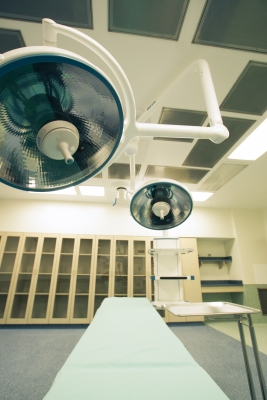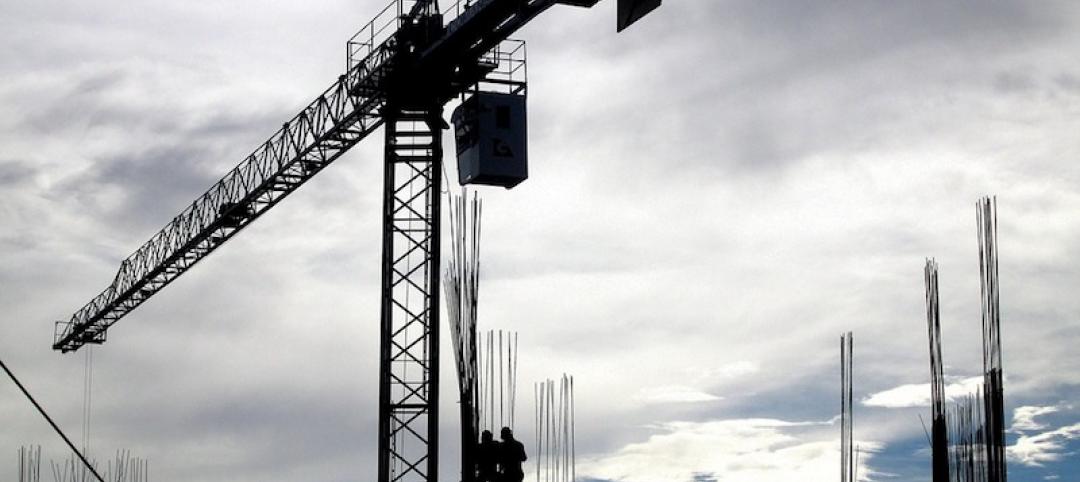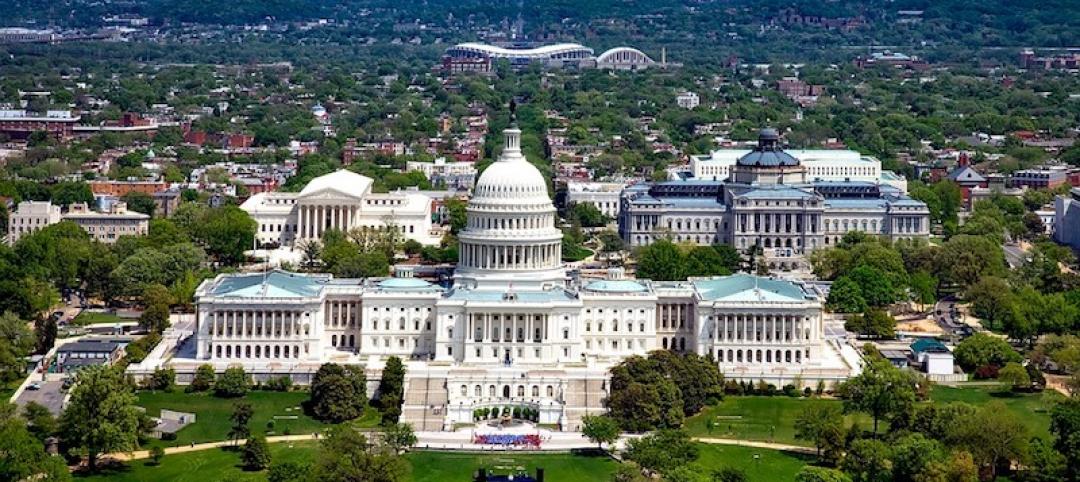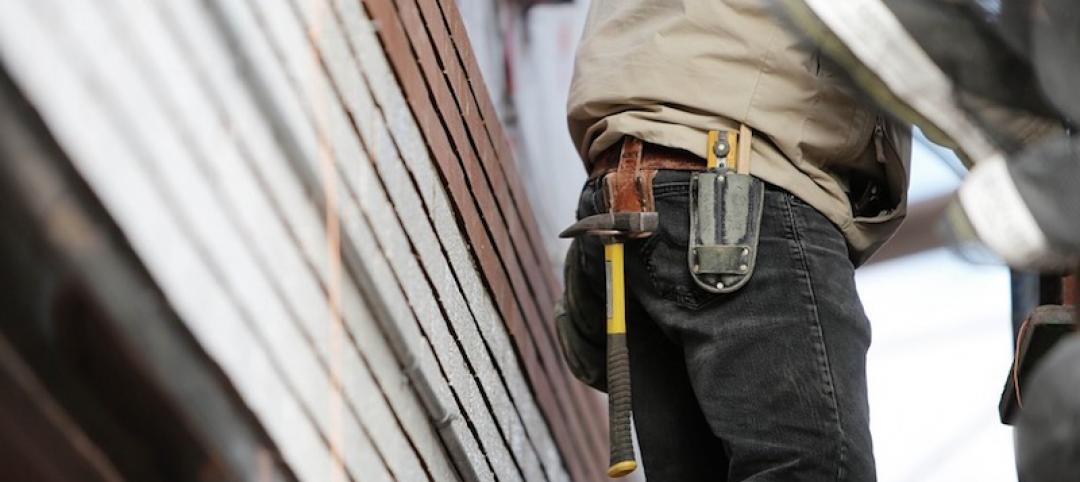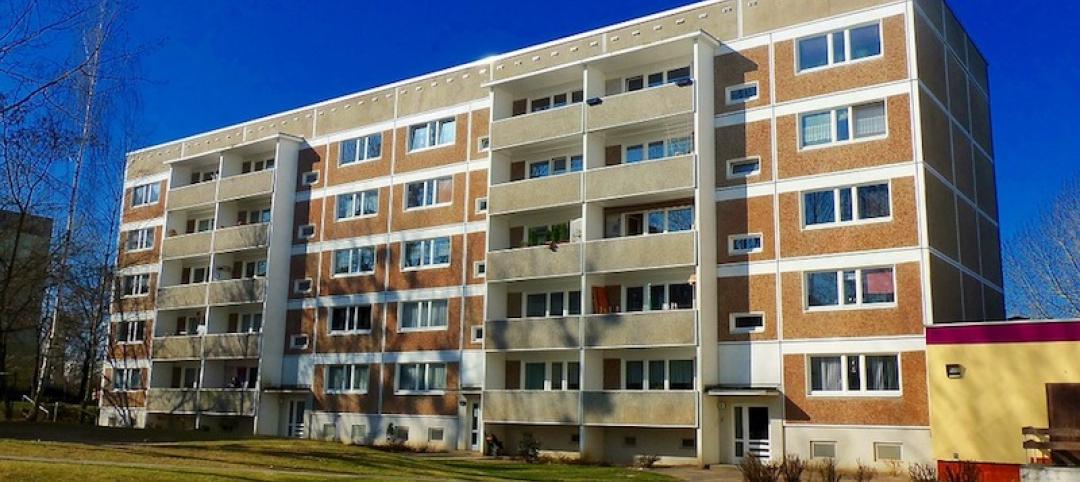The Centers for Medicare & Medicaid Services (CMS), an agency of the U.S. Department of Health and Human Services, published proposed rules this spring that would amend the fire safety standards for hospitals, long-term care facilities, ambulatory surgery centers, hospice inpatient, and many other healthcare facilities that participate in Medicare and Medicaid programs.
CMS proposed adopting the 2012 editions of the Life Safety Code, which includes measures devised by the National Fire Protection Association, and includes the Healthcare Facilities Code. A key change is a requirement that buildings over 75 feet tall have sprinkler systems throughout the structure. Existing buildings would have 12 years to install them.
Automatic sprinkler systems will be required in all habitable areas, closets, roofed porches, balconies, and decks of new residential health care facilities. CMS also strongly encouraged existing facilities to be sprinklered in all habitable areas. Under the new provisions, sprinklers also must be installed in attics of new and existing residential facilities if the attic is used for living purposes, storage, or the housing of fuel-fired equipment. Or, it must have a heat detection system, be of noncombustible construction, or be constructed of fire retardant treated-wood.
Newly-constructed facilities would have to install approved smoke alarms inside every sleeping room, outside every sleeping area, and on all levels within a residential unit. CMS is soliciting public comment regarding whether that requirement should be applied to existing facilities, as well.
(http://www.jdsupra.com/legalnews/new-federal-health-care-facility-regulat-93481/)
Related Stories
Codes and Standards | Jan 10, 2019
Ontario building first to achieve zero-carbon designation by Canada GBC
Geothermal heating, living wall among notable features.
Codes and Standards | Jan 9, 2019
Policymakers need to act to alleviate affordable housing crunch
Moody’s economist says costs including mortgage rates worsening situation.
Codes and Standards | Jan 8, 2019
Pittsburgh launches task force on construction industry fraud
Focus will be on wage violations.
Codes and Standards | Jan 7, 2019
Program uses low-cost sensors to monitor impact of stormwater mitigation systems
University/municipal partnership in Philadelphia aims to improve green infrastructure design.
Codes and Standards | Jan 7, 2019
Washington, D.C., to transition to 100% renewable energy by 2032
Includes measures to reduce emissions from buildings and transportation.
Codes and Standards | Jan 4, 2019
Canada’s National Building Code will include climate change obligations
New durability requirements for new buildings in the works.
Codes and Standards | Jan 4, 2019
LEED v4.1 beta registration begins in January
First releases are O+M, BD+C, and ID+C.
Codes and Standards | Jan 3, 2019
U.S. Appeals Court says general contractors can be cited for subcontractor violations
Ruling will prompt review of OSH decision that said GCs cannot be held liable for subs’ violations.
Codes and Standards | Jan 3, 2019
Tall mass timber code changes receive final approval
New provisions to be included in the 2021 International Building Code.
Codes and Standards | Jan 2, 2019
ASHRAE’s Low-Rise Residential Buildings standard update now available
Performance measures are at least 50% more efficient than 2006 IECC.


